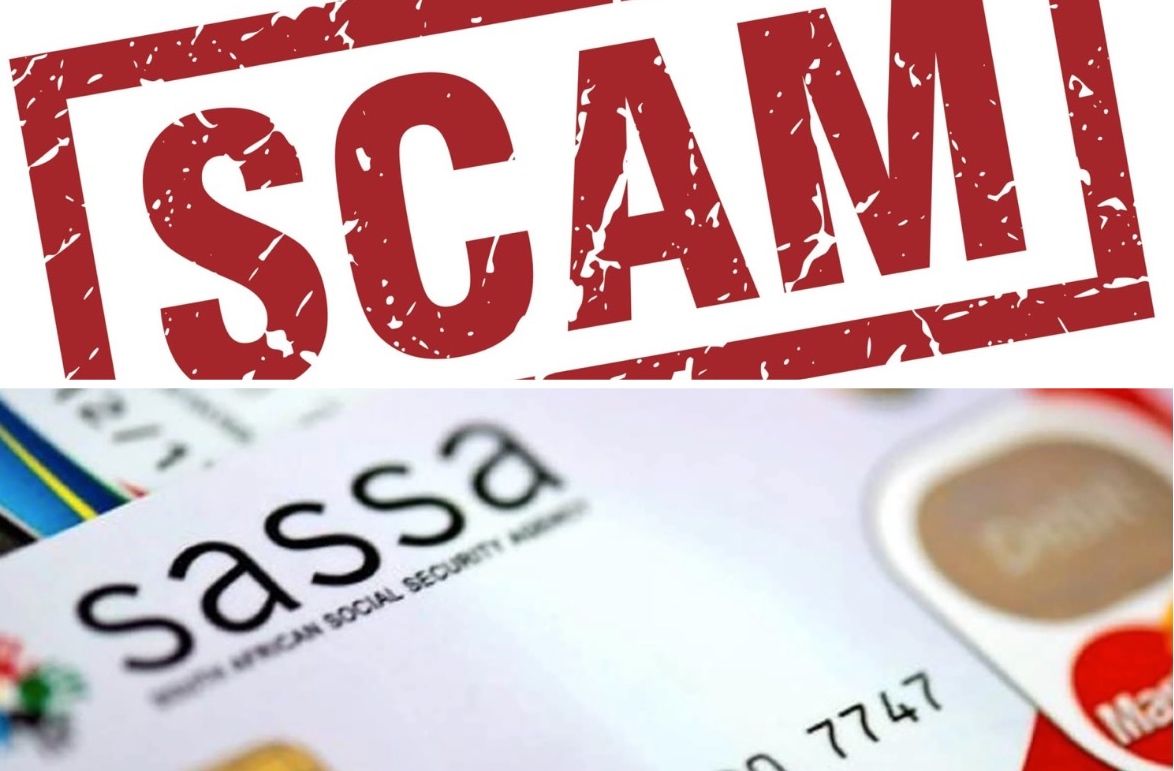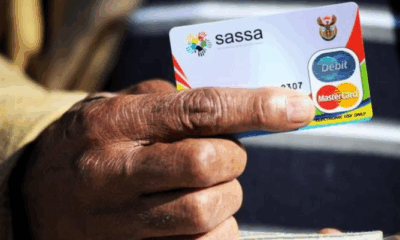News
Sassa Warns Job Seekers: Don’t Fall for the Job Scam Trap

In a country where unemployment is a daily struggle for millions, a glimmer of opportunity can be all it takes to spark hope. That’s exactly what fraudsters are banking on. This week, the South African Social Security Agency (Sassa) stepped forward to call out an alarming trend: fake job adverts circulating on social media that are preying on desperate job seekers.
If you saw posts advertising high-paying jobs like “Finance Clerks 2025” or “Grant Administrators (x21)” with promises of over R22,000 per month — no experience needed — you weren’t alone. But here’s the catch: those posts are a scam.
The Hoax That Went Too Far
It started with flashy ads on platforms like X (formerly Twitter). The fake listings claimed to be official Sassa job openings. They even name-dropped real Sassa locations like its Pretoria head office and mentioned “selected offices across South Africa.” It all looked legitimate on the surface. But the links? They sent unsuspecting users to a completely unaffiliated website.
Sassa was quick to respond: “Please note that all official Sassa vacancies are advertised only through our official website and trusted government platforms.”
In other words: if it’s not on www.sassa.gov.za, it’s not real.
Preying on Hope
These scams are more than just annoying — they’re dangerous. They manipulate the real economic pressure many South Africans face. The false hope of employment can lead people to share sensitive information, visit untrusted websites, or even pay fees upfront thinking they’re securing a job.
This isn’t the first scam targeting vulnerable people. Just last month, Postbank sounded the alarm about a different scheme — one targeting Sassa beneficiaries directly.
The Home Visit Scam: A Devious Twist
In that case, scammers impersonated Postbank officials. Wearing branded gear and even arriving in marked cars, they convinced beneficiaries to hand over their grant cards and PINs. Victims were told their cards were “faulty” or needed to be “updated” to avoid losing future payments.
It was a cruel ploy — and one that left people without access to money they rely on to survive.
Postbank issued a firm statement: “Postbank will never visit your home unless you’ve made a formal request. And we will never, ever ask for your PIN.”
That bears repeating: Never share your PIN. Not with anyone. Not even someone in uniform.
Protect Yourself: What You Can Do
-
Always verify job ads on Sassa’s official website.
-
Ignore suspicious links on social media, especially if they lead you away from government domains.
-
Report scams to Sassa or the police to help protect others.
-
Don’t hand over your Sassa card to anyone, no matter how official they appear.
-
Keep your PIN private. Not even bank staff should ask for it.
Don’t Let Scammers Steal Your Peace
In tough times, it’s easy to cling to any chance at a better life. But don’t let fraudsters take advantage of your dreams. Stay informed, stay alert, and trust only what you can verify.
Scammers are getting more creative, but so are we — as long as we stick together and look out for each other.
Think you’ve spotted a scam? Report it. Share this article. Help someone else avoid becoming a victim.
{Source: The Citizen}
Follow Joburg ETC on Facebook, Twitter , TikTok and Instagram
For more News in Johannesburg, visit joburgetc.com



























